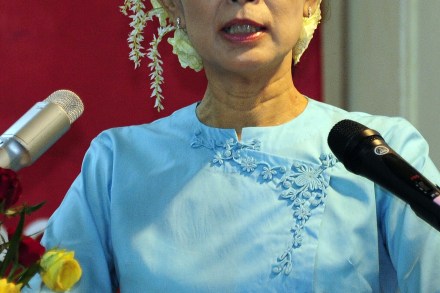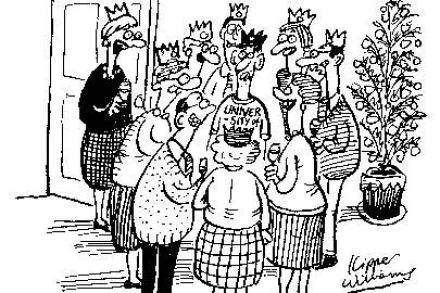Democracy is now Halal
The popular uprisings in Egypt and Tunisia have exposed as nonsense the notion, held in many quarters, that Middle Easterners – be they Arabs, Persians, Muslims and Christians – are uncommonly uninterested in democracy. But as former CIA agent and Middle East expert Reuel Marc Gerecht writes in the New York Times: ‘A revulsion against the Iraq war and a distaste for President Bush helped to blind people to the spread of democratic sentiments in the region. It blinded them to the fact that among Middle Easterners, democracy, not dictatorship, was now seen as a better vehicle for economic growth and social justice. Most important, Mr. Bush’s distastefulness helped to














